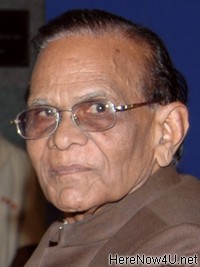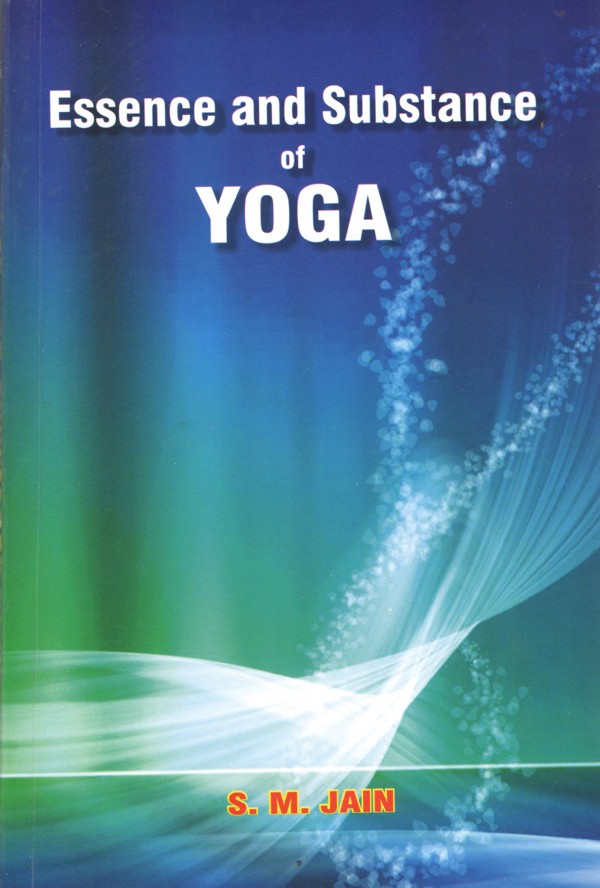Yoga is supposed to be in vogue since very ancient times. Scholars claim its roots in Rigveda. Yoga is cosmic phenomenon also and is thus as old as cosmos itself. It suffered serious set back during the turbulent medieval period due to incessant waves after waves of invasions and consequent unstable situations. It was almost forgotten except by a few individual practitioners. In previous twentieth century some ardent and dedicated yoga teachers revived it as if with a bang and propagated far and wide not only in India but in United States, Europe and other places. Its popularity gained momentum and grew rapidly and phenomenally. The number of yoga teachers and their centres increased exponentially and mushroomed in India as well as in foreign countries. Several yoga teachers made forays all over and established their centres. People flock to these centres, learn and practise yoga. Popularity is increasing mainly because of health concerns. The growing pollution of air, water and soil and its product-polluted food has increased the incidence of various diseases and the treatment is getting more and more costly and unaffordable by majority of people. Yoga and its practices postures (Asanas), breathing exercises promise and claim cheaper and lasting cures. Some yoga teachers and centres are genuine but majority of them have only commercial considerations and entice gullible people by fake and manipulated claims and concocted success stories. They do not even follow the sequence of successive sequential eight steps, prescribed by Patañjali-Yam, Niyam, Asana, Pranayam, Pratyahar, Dharana, Dhyan, Samadhi even though declaring to be his followers. The first two steps prescribed by Patañjali, the Yama and the Niyama constitute the foundation on which the subsequent steps are to be built and developed. These foundation steps are generally ignored by most of yoga teachers and they generally jump directly to any of the third, fourth and even sixth, seventh step, thus building the edifice of Yoga practices without foundation, resulting in the edifice crumbling down eventually.
The main recognized streams or schools of yoga are Vedic, Buddhist and Jain, all the three with more commonalities than differences. Each have reasoned and evaluated cardinal principles, tenets and standardised procedures and step-by-step practices. Presently the streams or schools of yoga have proliferated and there are as many forms, models and practices as the number of yoga teachers and their centres, each with its own model. Unfortunately with passage of time the fundamentals got diluted and standards relaxed, distorted and substituted by new practices of which some are mere fantasies, occult and superstitious. Yoga, which is inherently based on real manifested phenomena within realm of human experience, has been shifted to unreal, non-existent and imaginary noumena. Unscrupulous distortions, fantasies and weird occultism are replacing the fundamental tenets, principles and practices.
There is dire necessity to restore the pristine form of yoga, examine and evaluate the new additions and modifications on the basis of scientific scrutiny. Yoga is a vast and varied subject with myriad ramifications. There is enormous voluminous literature both old and new. Yoga is essential, innate and intrinsic in life, permeating its entire web in each weft and warp, every activity, every moment. Here an effort has been made to sift from the conglomerate of distortions, manipulations and concoctions, the real gems embodying and emanating the essence and substance of yoga on the basis of the study of some widely recognised canonical works of eminent yoga teachers of past and present. Readers only can judge as to how successful the effort is.
 S.M. Jain
S.M. Jain
